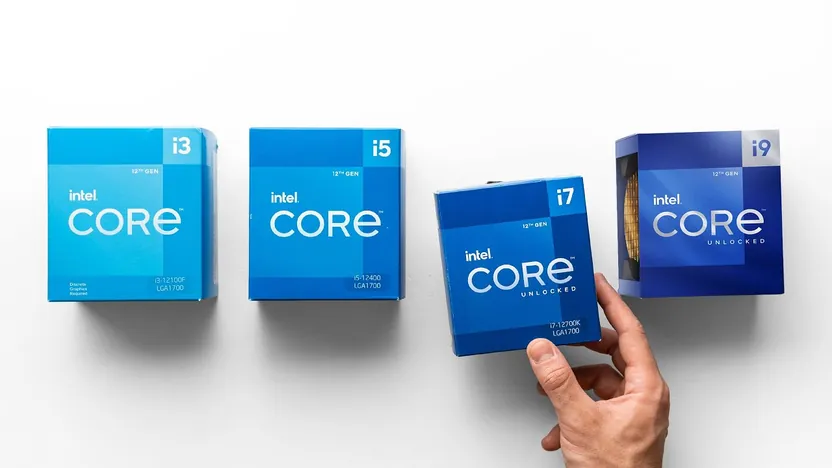You think an i9 always crushes an i3? That’s what everyone thinks… but it’s not that simple! Sometimes, the little i3 can teach its big brother a real lesson. How’s that possible? Hang on, I’ll explain it all to you.
An i3 more powerful than an i9? It’s possible, and here’s why!
- An i3 more powerful than an i9? Here are the scenarios where this is true
- Generation counts for more than processor range
- Comparison: Intel Core i3-13100 vs Intel Core i9-7900X
An i3 more powerful than an i9? Here are the scenarios where this is true
Intel is constantly evolving its processors, and each new generation brings significant improvements in terms of performance and energy efficiency. For example, a 13ᵉ generation i3 like the i3-13100 benefits from the latest technological advances with optimized core speeds and improved thread management.
On the other hand, a 7ᵉ generation i9 like the i9-7900X, although a top-of-the-range processor for its time, may seem dated by today’s standards. In this context, a recent i3 can outperform an older i9 in certain tasks, simply thanks to architectural improvements.
Generation counts for more than processor range
Imagine a 2017 Olympic champion lining up in 2023 on a track where every detail has been optimized: lighter shoes, grippier surfaces, improved nutrition. Even if he remains talented, this champion must face a younger athlete who benefits from all these evolutions. This is exactly what happens between an i9-7900X and an i3-13100.
The i9-7900X was a revolution in its day. With its 10 cores and 20 threads, it was designed to dominate multitasking, video rendering and complex calculations. But that was 6 years ago. Since then, Intel has improved every detail: energy efficiency, speed per core, and above all the management of light tasks that don’t require an army of cores.
This is where the i3-13100, with its 4 cores and 8 threads, comes into its own, or even better in certain situations.

Comparison: Intel Core i3-13100 vs Intel Core i9-7900X
Single-core performance is the i3-13100’s forte. Why? Because the majority of applications and games take full advantage of just one or two cores. In these cases, the modern Raptor Lake architecture, combined with a higher clock frequency, enables the i3 to perform even better.

